-

There are various different types of plastics and some of them may come in similar forms or colors, how to distinguish different types of plastics, here we’ll introduce common methods and how are they identified from each other. How to Distinguish Different Types of Plastic? PET or PETE (Polyethylene Terephthalate): clear, lightweight, has a smooth texture, and can be slightly cloudy. It is commonly used for water or soda bottles, salad dressing containers, and peanut butter jars. HDPE (High-Density Polyethylene): waxy with a matte finish and feels like plastic. It i......
2023.5.29Published by LJCRead More -

Check sheets are one of the types of 7 basic quality tools, which help you collect and organize data. Now we’ll go over check sheet uses and importance in quality control, as well as its types and difference between check sheets and checklists. What Is A Check Sheet in Quality Control? A check sheet in quality control is a simple tool used to collect and organize data in a structured and easy-to-use format. Check sheets are typically used to record the occurrence of specific events or the frequency of certain types of defects or issues. Check sheets can be used in qualit......
2023.5.29Published by LJCRead More -

Stratification is a useful tool in quality control, it provides detailed analysis and helps for effective decision-making. What Is Stratification in Quality Control? Stratification in quality control refers to the process of dividing a population or data set into groups or strata based on a specific characteristic or attribute. This is done to better understand, analyze, and improve the quality of the products or services being produced. In quality control, stratification can be used to group products, processes, or defects based on factors such as location, time, or quality l......
2023.5.29Published by LJCRead More -
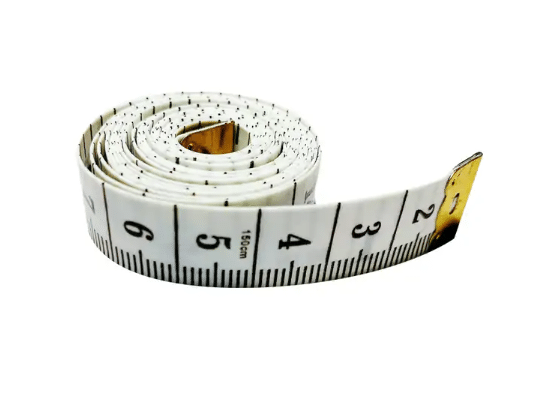
A measuring tape is an important inspection tool used in quality control. Here let’s go over its unit, uses, and how to read it. What is A Measuring Tape? A measuring tape is a tool used to measure distances or lengths. It typically consists of a long, flexible strip of material, usually made of plastic or cloth, with markings for inches, centimeters, or both. The tape is usually housed in a compact case with a retractable spring mechanism that allows the tape to be easily withdrawn and then returned to its container. Measuring tapes come in various lengths, ranging from......
2023.5.29Published by LJCRead More -
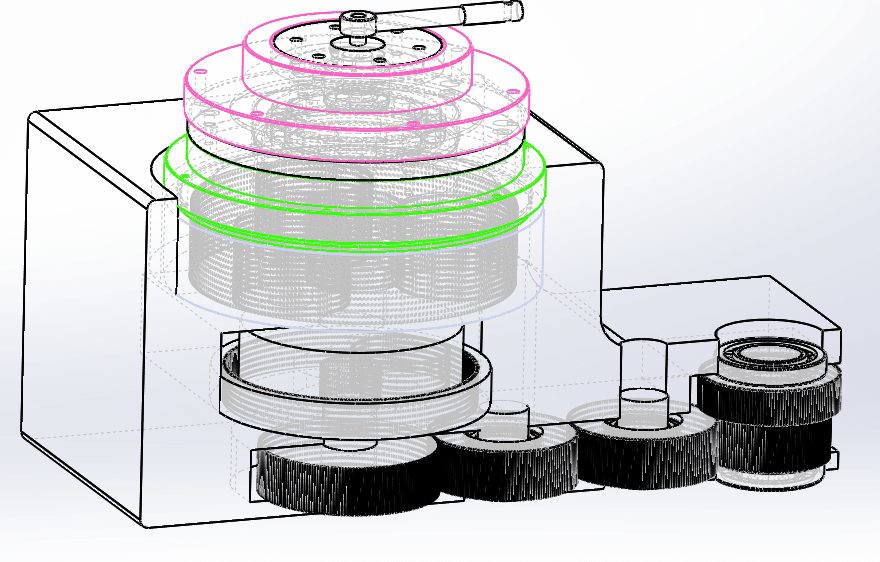
The dimensional inspection of components plays a critical role in ensuring the quality and performance of mechanical assemblies. In the case of a rocker arm assembly, a key component that requires precise measurement is the bearing. Accurate dimensional inspection of the bearing in a rocker arm is crucial to verify its compliance with specifications, assess its performance characteristics, and ensure optimal functionality. In this comprehensive article, we will explore various techniques and best practices for accomplishing the dimensional inspection of a bearing in a rocker arm assembl......
2023.5.22Published by YLRead More -
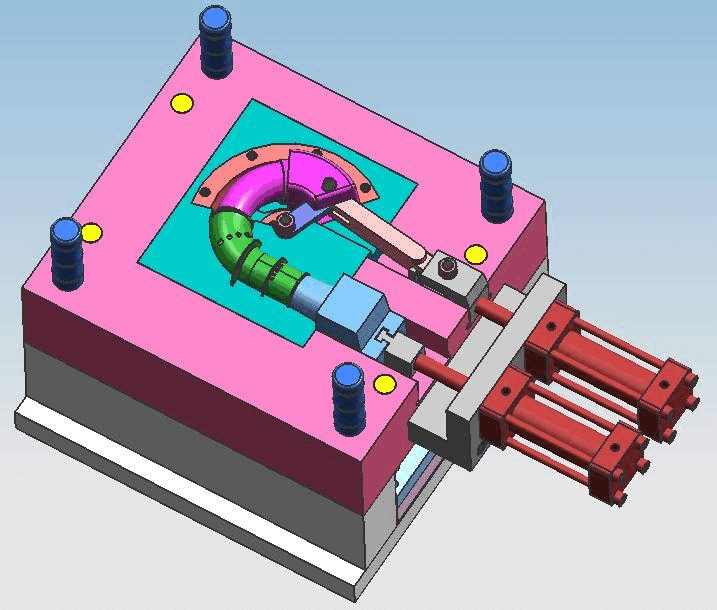
Injection molding is a widely used manufacturing process that enables the production of intricate plastic parts with precision and efficiency. However, like any manufacturing process, it is not without its challenges. One common issue encountered in injection molding is short shot, which refers to an incomplete filling of the mold cavity. In this comprehensive article, we will delve into the complexities of short shot in injection molding, explore the most popular opinions on its causes, and provide effective solutions and best practices for fixing this issue. 1. What is......
2023.5.22Published by YLRead More -
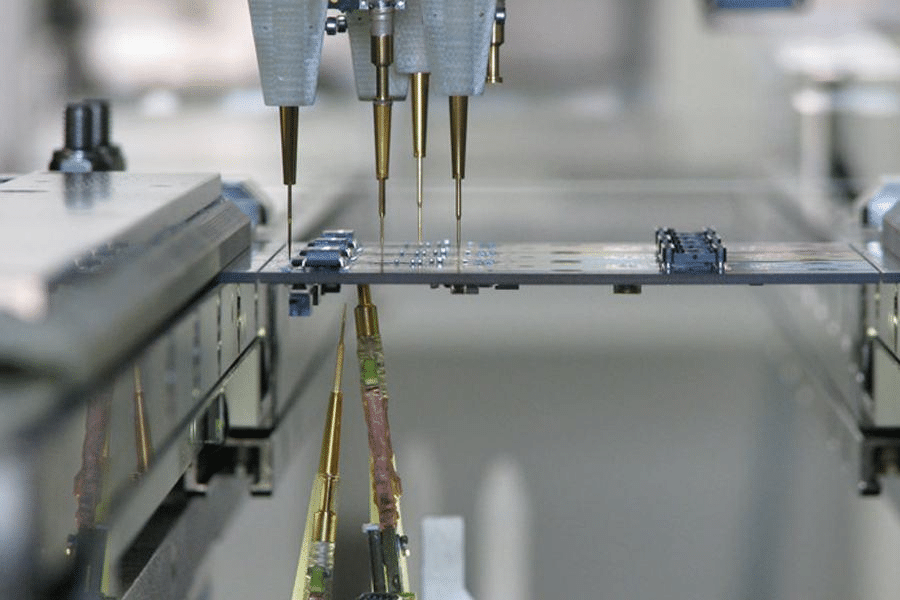
In the realm of manufacturing, quality assurance is of paramount importance. To ensure that products meet customer specifications, industry standards, and regulatory requirements, manufacturers employ various inspection techniques. One such technique is the First Article Inspection (FAI), which involves a comprehensive examination of the initial production sample. In this article, we will delve into the concept of the First Article Inspection Template, its significance, popular viewpoints, and provide a sample First Article Inspection Report template in Excel to streamline the process. ......
2023.5.22Published by YLRead More -
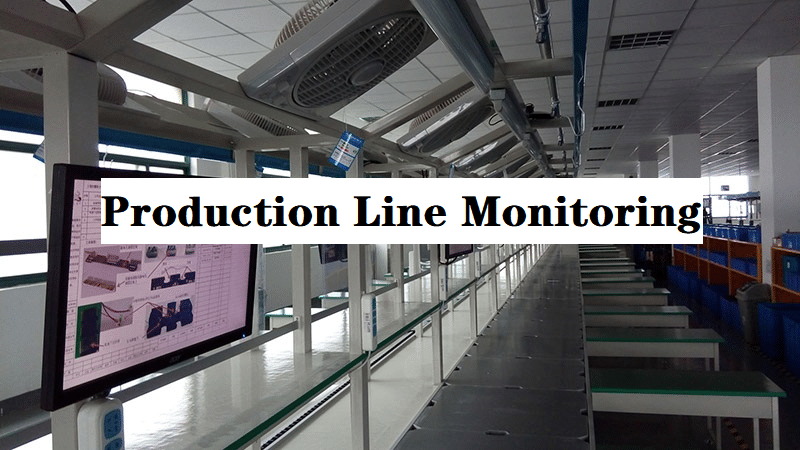
In today’s rapidly evolving industrial landscape, accurate production line monitoring has become indispensable for a wide range of sectors. With advancements in technology and the increasing complexity of production processes, maintaining a vigilant eye on the production line is paramount to ensure efficiency, quality control, and overall business success. In this article, we will explore various industries that must prioritize accurate production line monitoring to stay competitive, improve productivity, and meet customer demands. 1. Automotive Industry: The automot......
2023.5.22Published by YLRead More